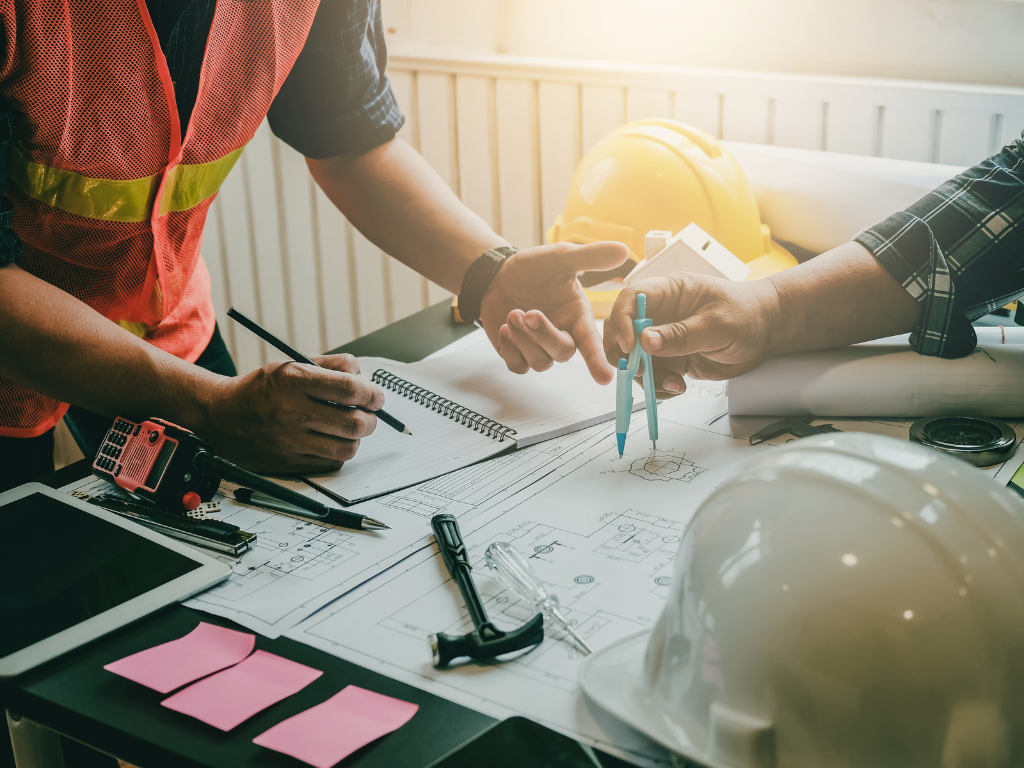
Risk management is important for a construction project to be successful. Construction projects are sometimes challenging because they involve expensive budgets, potential hazards, multiple stakeholders and tight schedules. Having effective risk management helps you identify potential threats, and assess and prevent them before they affect your project.
This article will explain some best practices for managing risk during construction projects. Continue reading to learn more:
Identify risks early
The first step in effective risk management is being able to identify potential risks as early as possible. These risks can be related to different factors including environmental conditions, shortage of materials, labour issues or regulatory changes. Identifying these risks early enables your construction project management to invent strategies to reduce these risks before they escalate into bigger problems. To identify risks, project managers need to conduct a thorough risk assessment at the beginning of the project.
Develop a risk management plan
Once you’ve been able to identify risk, you need to develop a risk management plan. This plan should include the identified risks, assess their effect on the project and prioritize them based on their level of importance. Your risk management plan should also include specific strategies for reducing and avoiding each risk. For instance, a common risk in construction is delays which can be caused by bad weather. A good risk management plan should include ways to adjust the project timeline to fit specific weather patterns that ensure the progress of the project.
Have clear communication channels
Effective communication is necessary for successful risk management in construction projects. Everyone on the project must be kept informed of potential risks and the solutions to avoid them. Establishing clear communication channels ensures that you send information smoothly and easily between all parties, preventing misunderstandings and delays. You can also hold regular meetings and progress reports to keep everyone on the same page.
Conduct Regular Risk Reviews
Risk management is an activity that has to be carried out repeatedly throughout the construction process. You must regularly carry out risk reviews and update the risk management plan throughout the project. As the project progresses, there may arise new risks that require new solutions. Conducting these reviews helps you stay ahead of potential issues and provides strategies that help you avoid them.
Regular risk reviews should be conducted at key project milestones but they can also be carried out regularly if necessary. Continuously monitoring risks helps you stay ahead of the project without exceeding the time or budget allocated for the project.
Conclusion
Risk management is important in construction project management because it requires planning and constant communication. Identifying risks early helps in reducing potential threats and inventing strategies that help avoid these risks. The success of the project depends on how well everyone involved in the project is carried along.
